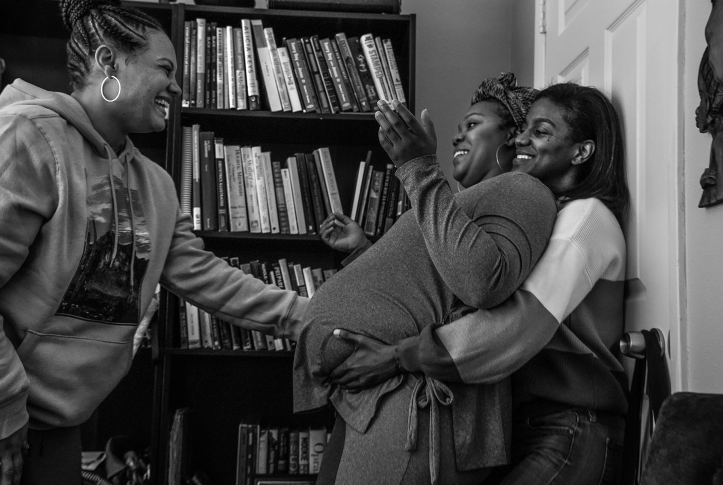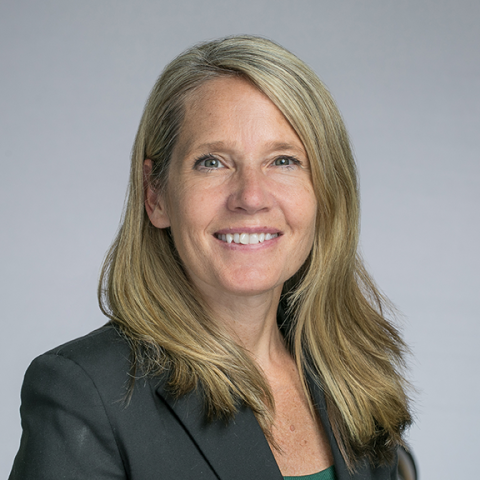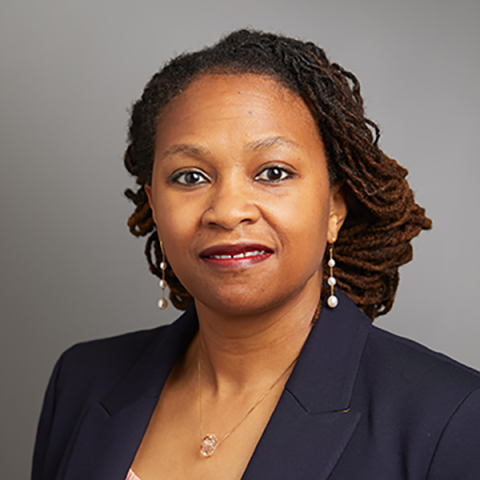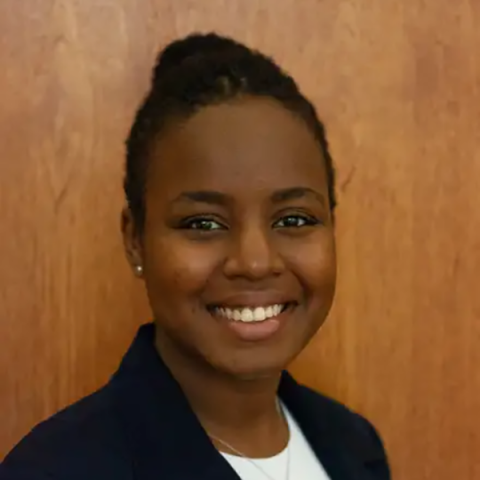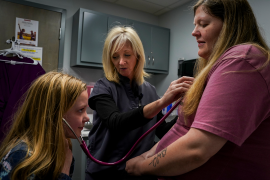In the United States, the maternal mortality crisis has disproportionately affected people of color, including Black and Indigenous communities. Black and American Indian and Alaska Native (AIAN) women are two to three times more likely to experience pregnancy-related complications, severe illness, and death compared to white women.
Community-led and community-based organizations (CBOs) can help by providing safe and culturally relevant care for underserved communities. CBOs work to establish trust with community members and leverage partners to aid in the delivery of patient-centered, holistic care, including linkages to social services and support. This allows CBOs to enhance access to care and address the diverse needs of birthing people right in their own neighborhoods.
CBOs — examples include Ancient Song Doula Services, CHOICES, Commonsense Childbirth, Generate Health, Mamatoto Village, and Restoring Our Own Through Transformation — can advance maternal health equity by offering a range of services beyond those offered in traditional health care models, such as access to doulas and midwives, lactation support, and group prenatal care. Despite their critical role in providing perinatal care, CBOs face significant barriers in applying for federal grants and obtaining funding. This kind of financial support could help stabilize infrastructure, improve access to networks, and provide sustainability.
With support from the Commonwealth Fund, the Century Foundation interviewed leaders and staff from six maternal health CBOs to understand their experiences with federal funding applications, challenges they encountered during the process, and suggestions for improvement. CBOs reported receiving funds from private and community foundations, individual gifts, and via other fundraising efforts, but federal funding was rare. CBOs that provide medical care also receive reimbursements from Medicaid and other insurers, but interviewees noted that reimbursement levels were insufficient. CBO leaders highlighted several barriers when pursuing federal funding and emphasized the critical importance of improved partnerships between CBOs and government agencies to enhance collaboration and mutual support.
Findings
Repairing a Legacy of Mistrust. Historic and ongoing injustices have made many communities of color lose trust in governmental agencies; this can make CBOs hesitant to seek resources. Government agencies can prioritize building trust with communities to repair these harms.
Addressing Doubts in the Review Process. CBO stakeholders questioned whether grant reviewers understand and appreciate the work they do and were frustrated by a lack of transparency in the grant review process and selection criteria with federal funding.
Application Complexity and Resource Prioritization. CBOs operate with limited budgets, staff, and resources. Preparing grant applications for federal agencies requires a shift in time and effort, which many CBOs cannot afford.
Recommendations
CBO leaders and staff recommended strategic support to develop and support maternal health models and assist in applying for federal funding. These include:
1. Streamline and simplify federal funding application processes. CBOs need federal funding application processes to be more efficient and straightforward. This entails shortening applications and using clear, concise language. Moreover, extending the time between grant forecasting or announcement and the application deadline could help CBOs respond effectively.
2. Provide tailored technical assistance. Offering enhanced support to CBOs throughout the funding application process and one-on-one technical assistance or office hours could help increase awareness of and adherence to federal guidelines and regulations. Phone calls, video conferences, training programs, and workshops were all identified as potential formats for technical assistance. Further, CBOs would welcome capacity-strengthening in monitoring and evaluating their programs to track performance and showcase successes for future funding opportunities.
3. Enhance transparency, accountability, and fair compensation. Federal agencies should clearly identify the evaluation frameworks used in grant review and funding determinations to enhance transparency. This would involve specifying the reviewers, evaluation criteria, and expectations. Finally, when federal agencies use expertise from CBOs in an advisory capacity or for specific funding announcements, fair compensation is crucial to foster for accountability and trust.
4. Provide access to unrestricted funding for CBOs. Many communities rely on CBOs. It is therefore crucial to provide financial support for their operations to enhance programming and collaborations to expand their reach. Unrestricted funding would offer flexibility in spending and resource allocation and allow for covering essentials for operations and links to community partners.
Conclusion
Increasing federal government funding to CBOs could be a key solution in addressing maternal health disparities and ensuring access to quality maternal care for people of color. Additional support will broaden the range of services CBOs can provide to communities and promote more equitable maternal health landscapes in the United States. However, critical adjustments are needed to unlock federal funding access, repair trust, and ensure a pathway to sustained collaboration and support from federal and state agencies.
The U.S. Department of Health and Human Services (HHS) recently allocated $105 million in funding for 100 CBOs working in maternal health nationwide. Future investment needs to be coupled with guaranteed access for the organizations working in communities that are directly affected. To achieve maternal health equity, CBOs require accessible financing that recognizes their contributions and subsidization of government and health system deficiencies. With additional resources, community-led and community-based organizations could expand their reach and impact while helping to eliminate preventable maternal health disparities.
